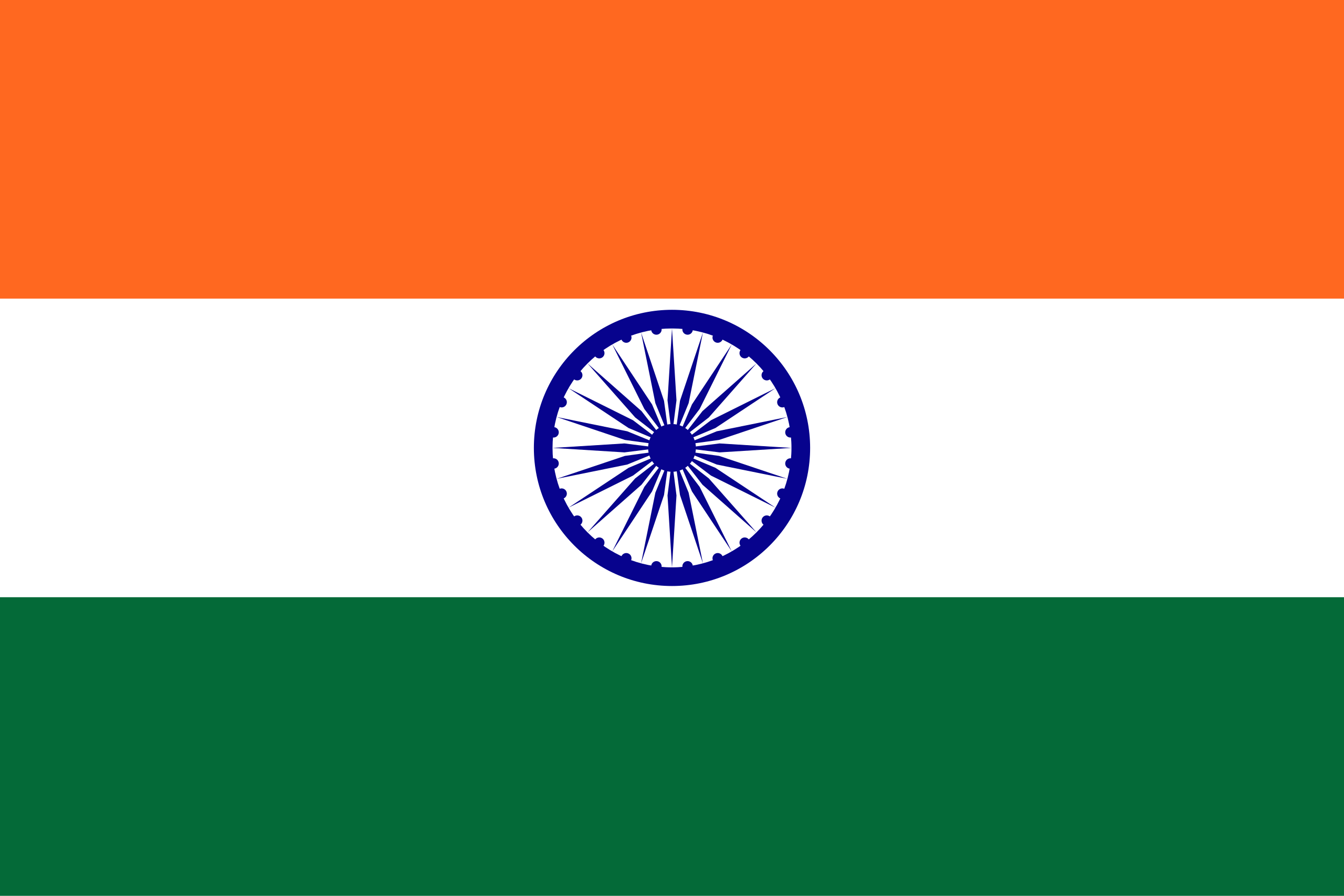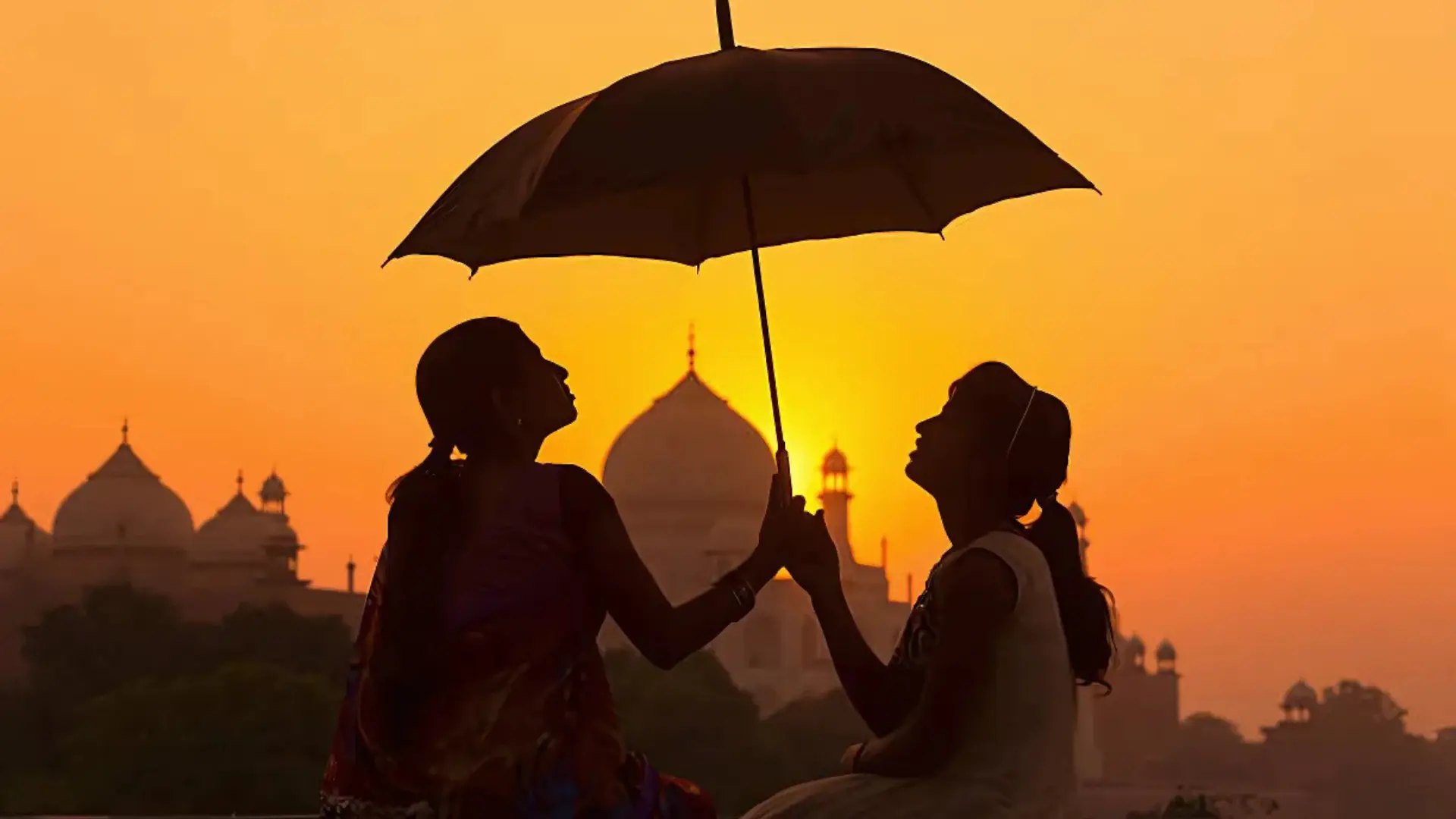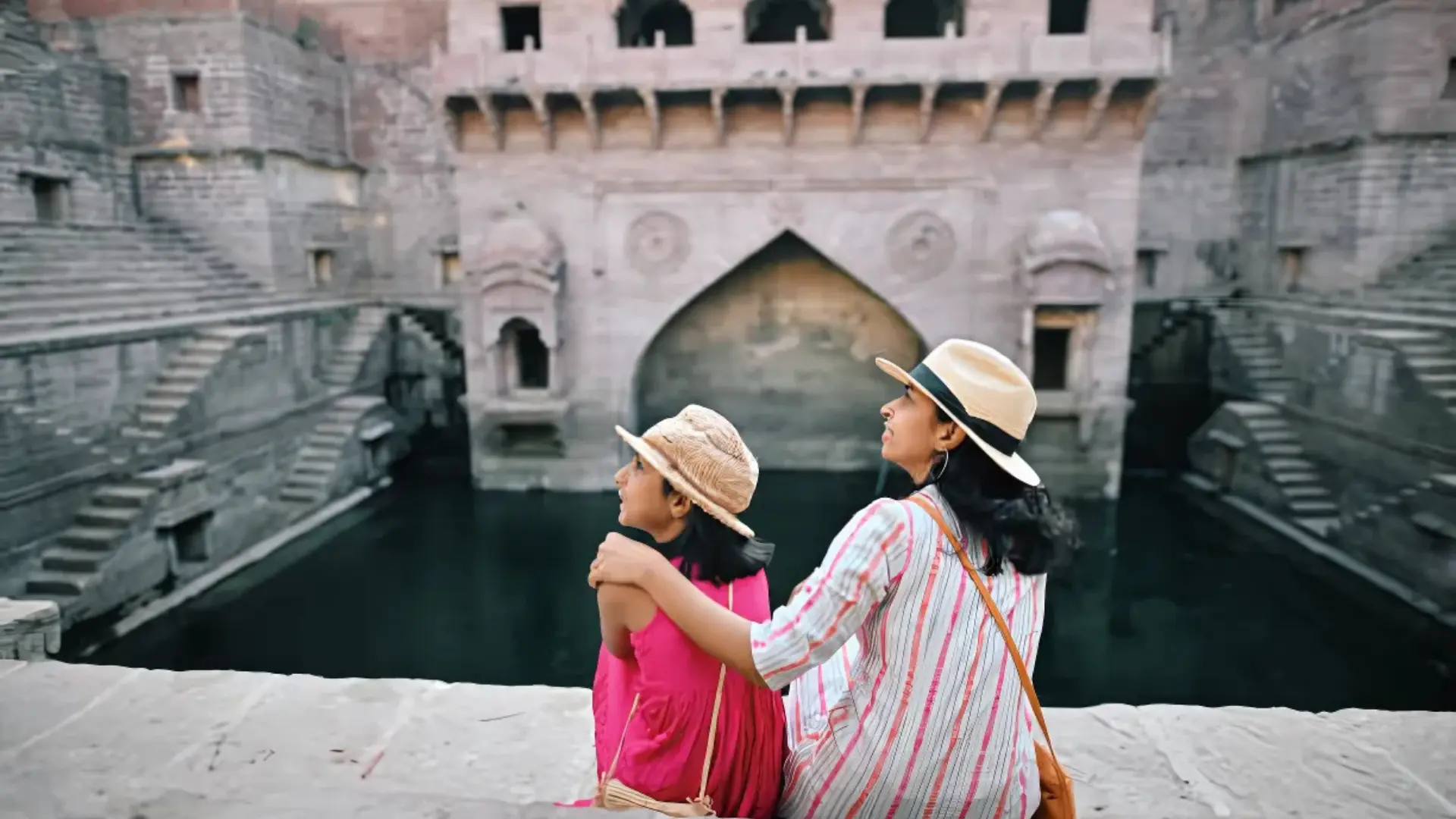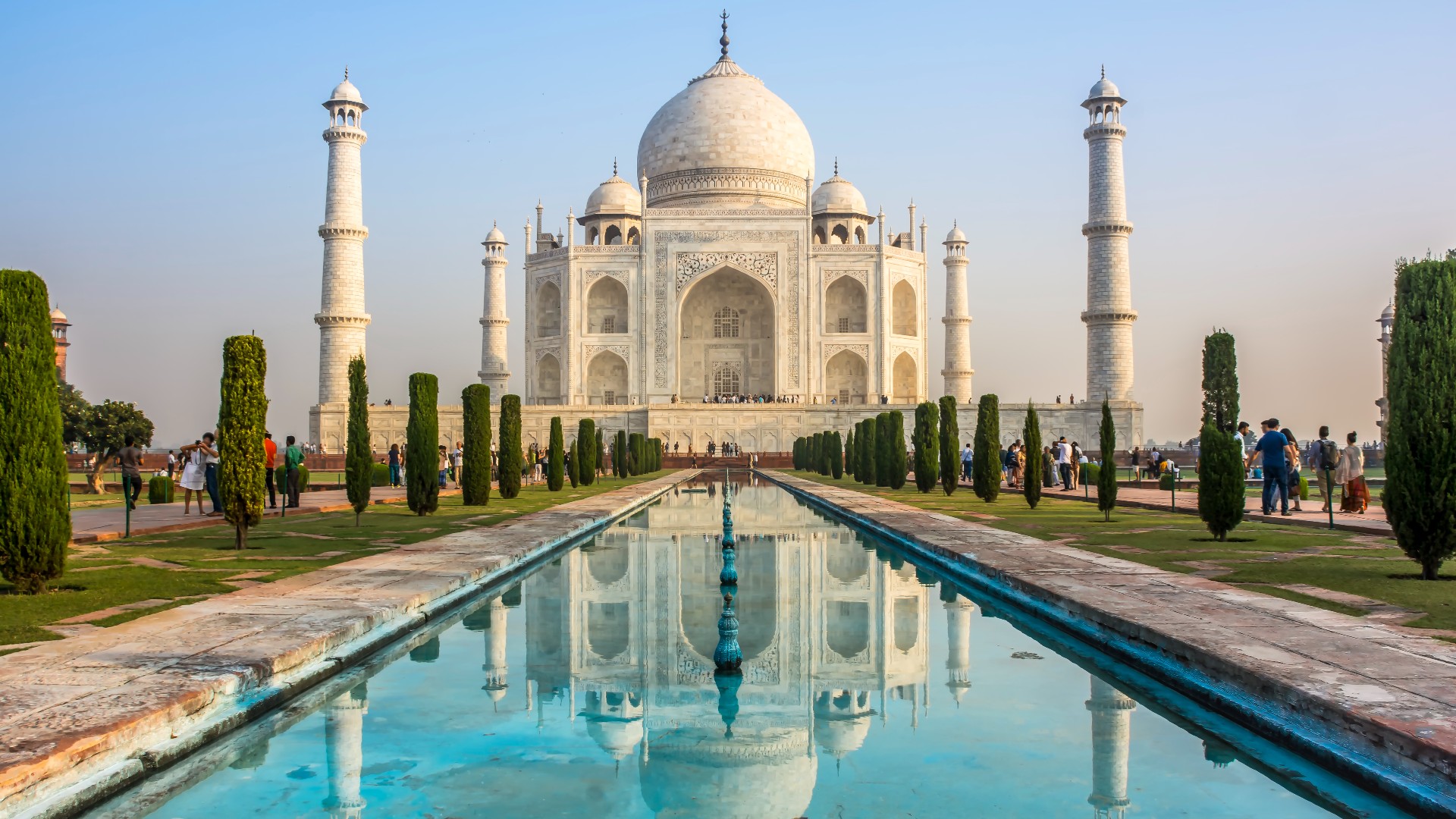What is an India Tourist eVisitor Visa and who is it intended for?
Who is the Indian eVisitor Visa (Tourist Visa) intended for?
Individuals from the European Union, the United States, the United Kingdom, all South American countries, Australia, New Zealand, Singapore, South Africa, South Korea, Japan, Russia, the Philippines, and other countries.
Who is ineligible for an Indian eVisitor Visa?
-
Maldivian nationals are permitted to enter India without a visa for a maximum of 90 days.
-
At airports in Bengaluru, Chennai, Delhi, Hyderabad, Kolkata, and Mumbai, nationals from Japan, South Korea, and the United Arab Emirates may obtain a Visa on Arrival.
-
Individuals who necessitate an Embassy Visa, including Chinese nationals.
What is the purpose of an Indian eVisitor Visa?
Tourist activities, including excursions, vacations, and visiting family.
What is the maximum duration of your stay with an Indian Tourist eVisitor?
There are various varieties of tourist eVisas for India, each of which is customised to meet the specific requirements of your travel.
-
Double-Entry eVisa for 30 Days : This eVisa is valid for one year from the date of issuance and permits two entries into the country during that time. Both residencies are restricted to a maximum of 30 days.
-
1-Year Multiple-Entry eVisa : This eVisa is valid for one year and permits multiple entries into India during this time. The duration of each visit is limited to 90 days, with the exception of citizens of the United States, the United Kingdom, and Canada, who are permitted to remain for up to 180 days per visit.
-
5-Year Multiple-Entry eVisa: This eVisa is valid for five years and allows you to make multiple visits to India within that time. The duration of each stay is 90 days, with the exception of U.S., UK, and Canada citizens, who are permitted to remain for up to 180 days per visit, similar to the 1-Year eVisas.
Important information regarding the validity of your visa
Please be advised of the following:
-
Validity: The duration and commencement date of your visa.
-
Duration of stay: The maximum number of days that may be spent in the country upon arrival.
For instance, if your visa expires on May 1, 2024, you are permitted to enter the country until that date.
Upon arrival, the validity determines the number of days that can be spent in the country. For instance, your visa is valid for 30 days and you arrive on May 1, 2024. In this scenario, you are permitted to remain until May 30, 2024.


.svg.png)









.webp)
